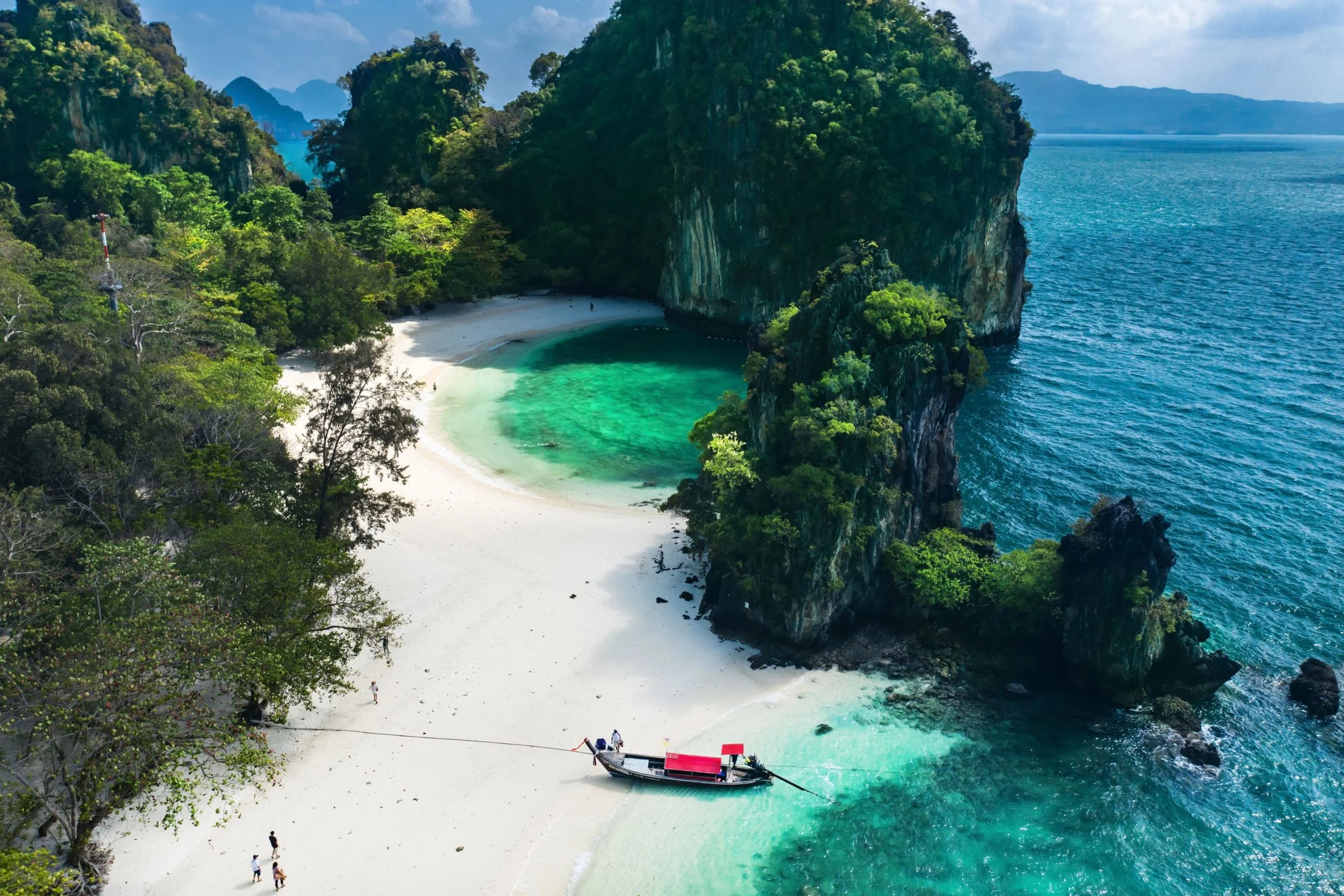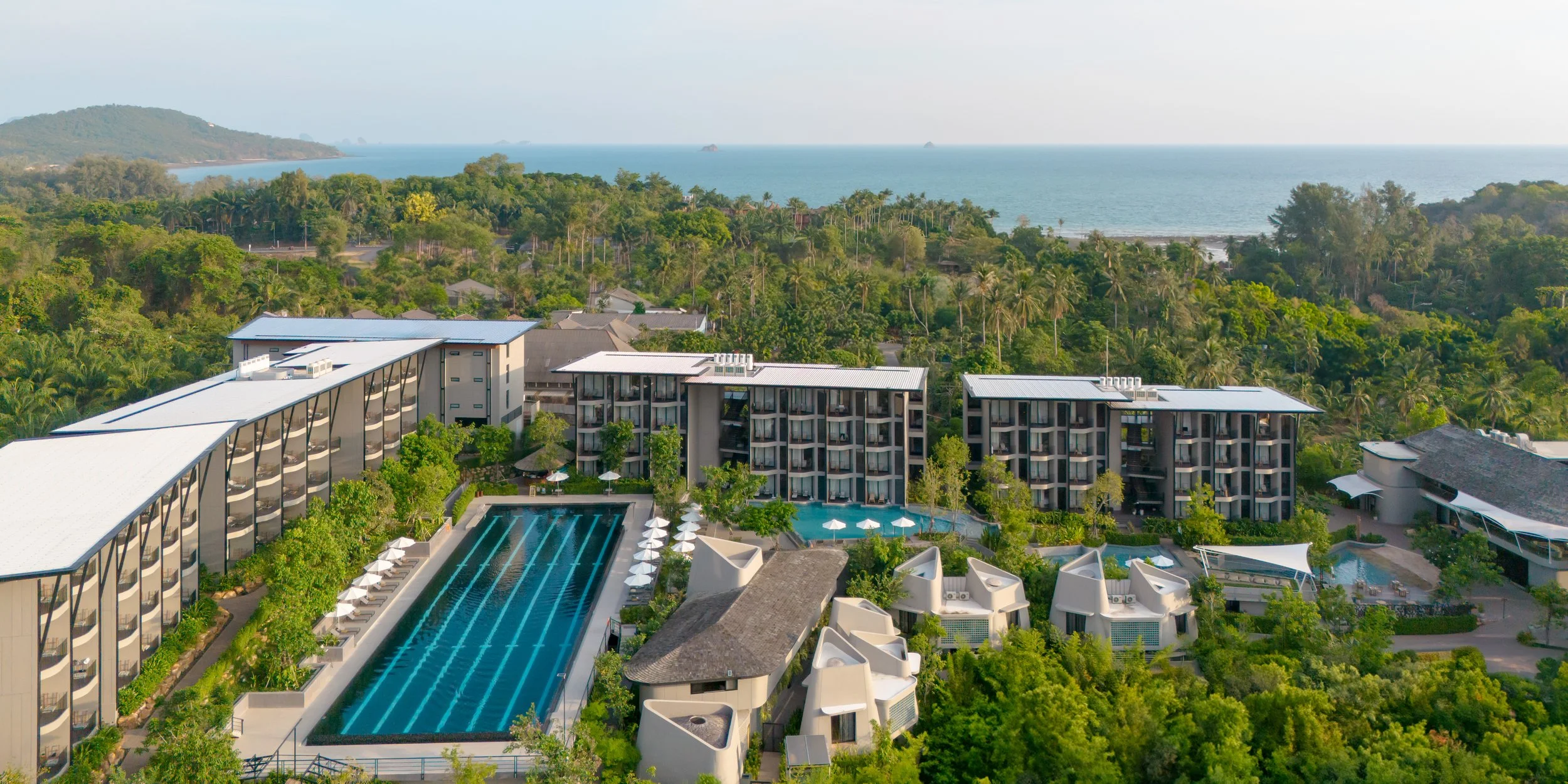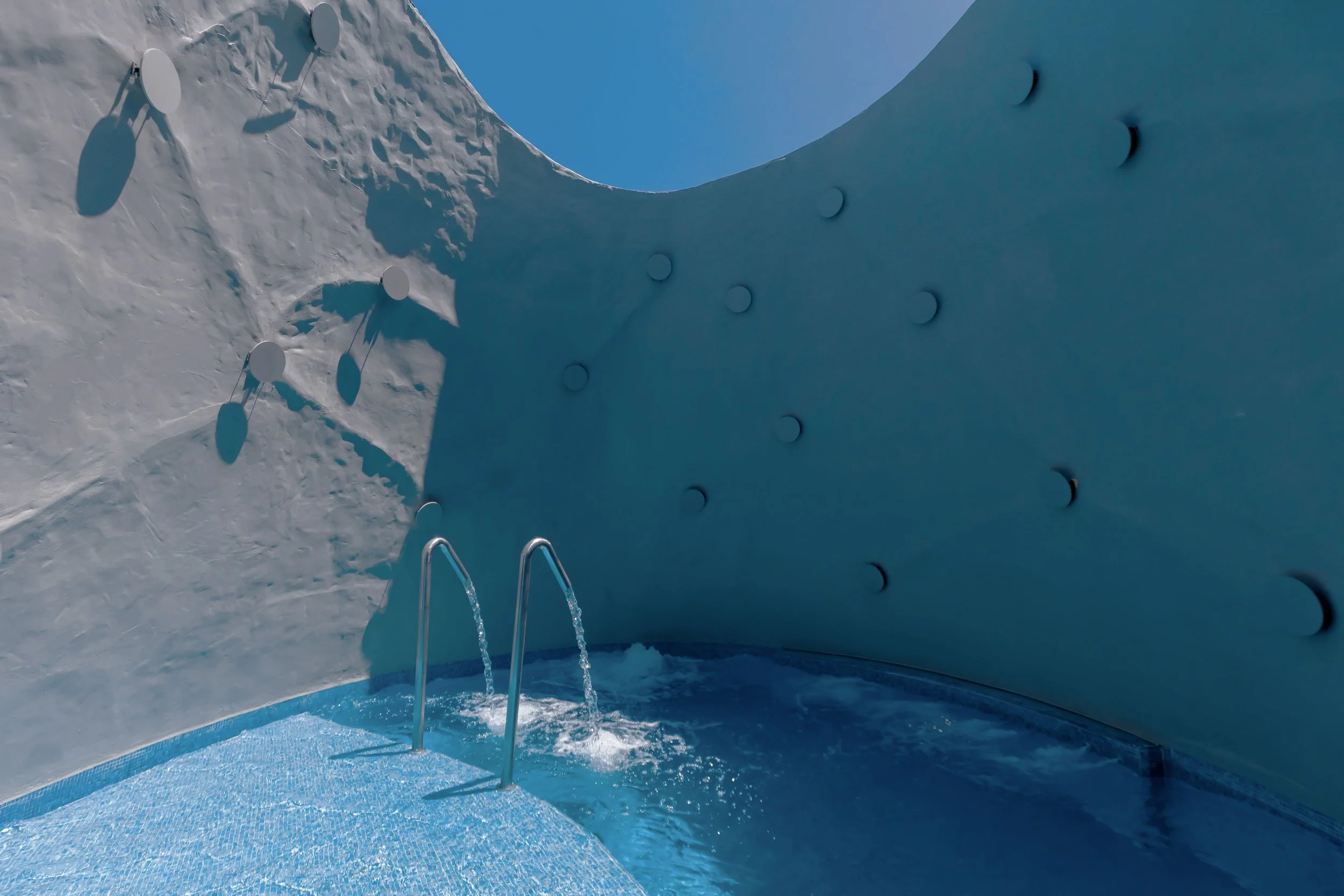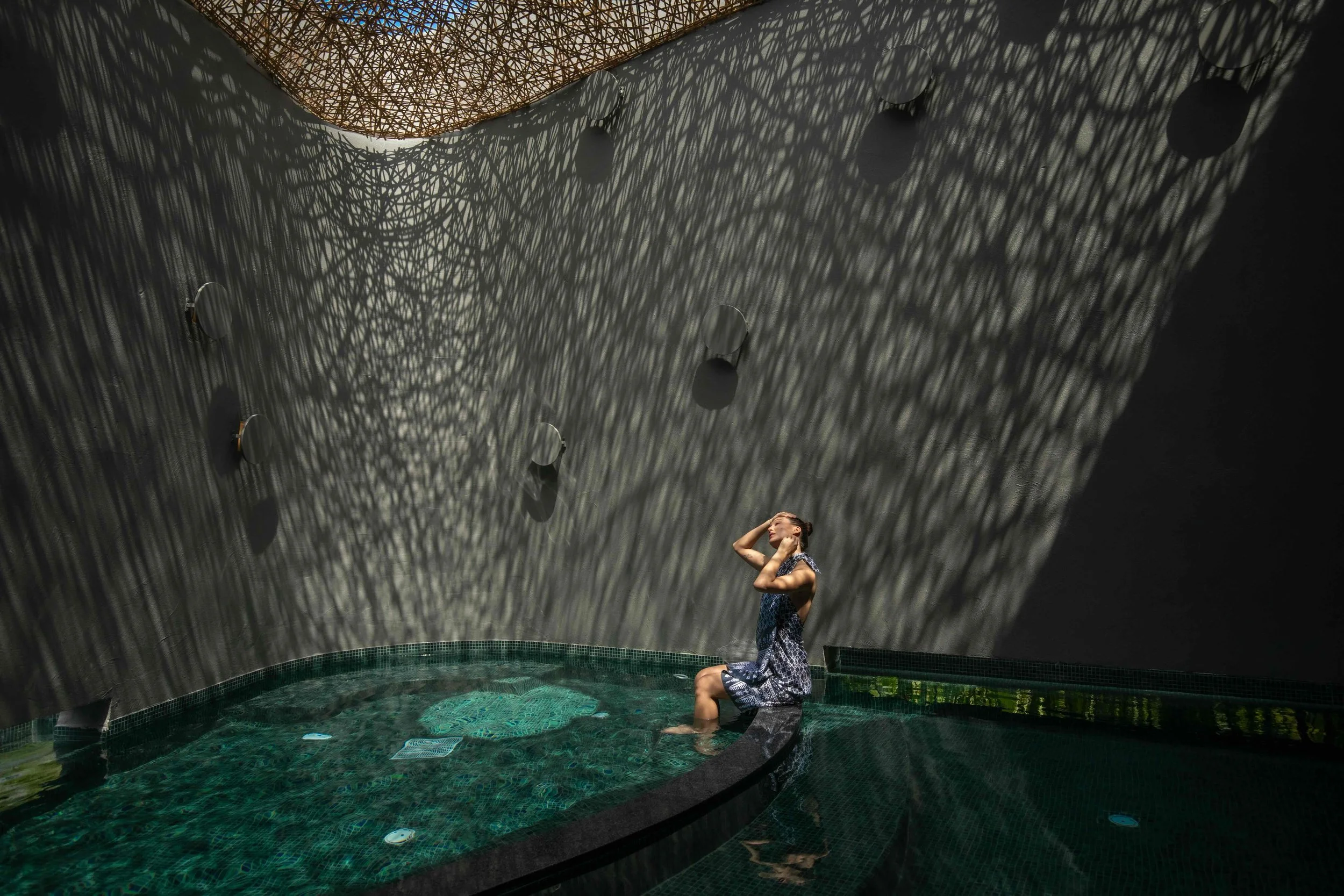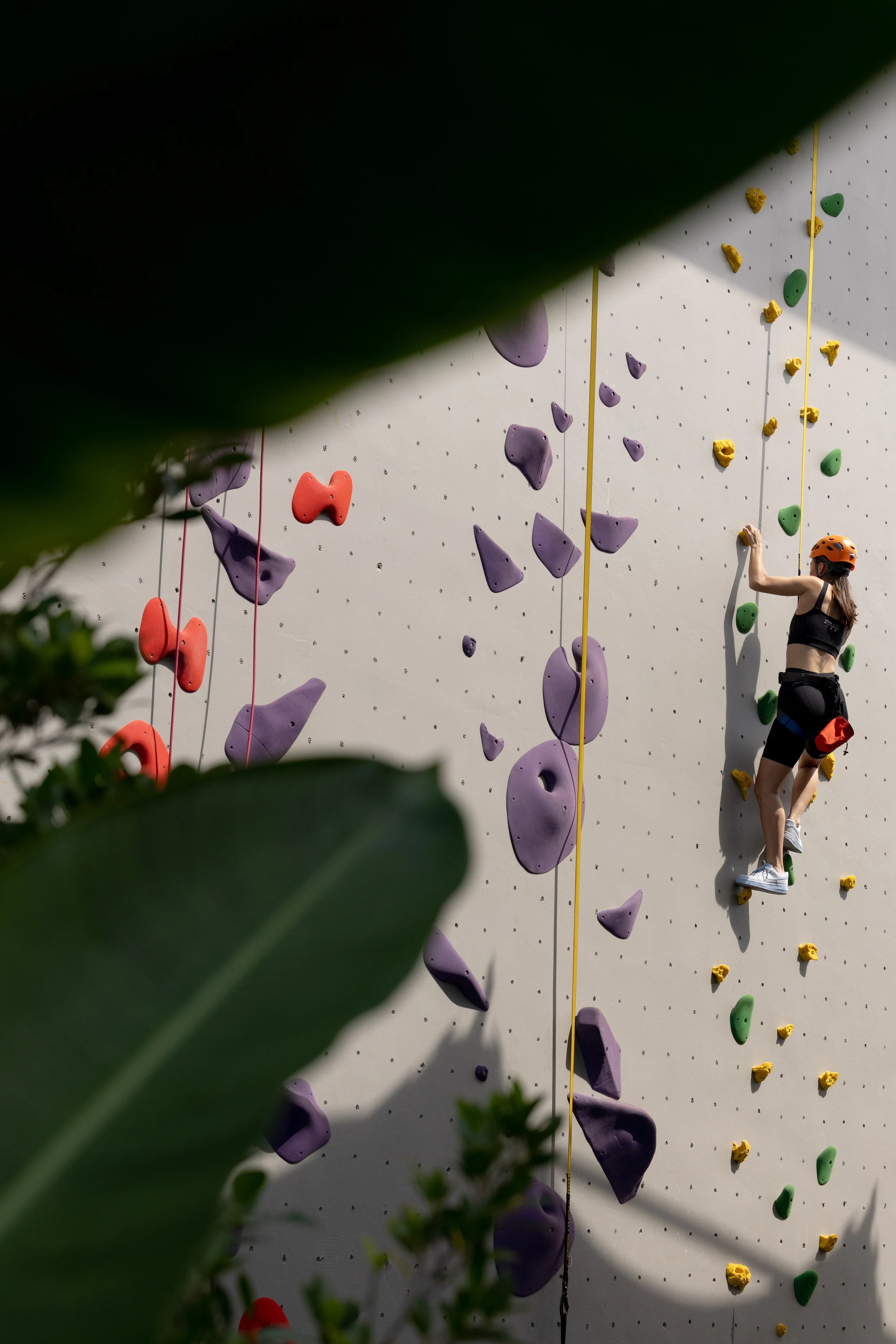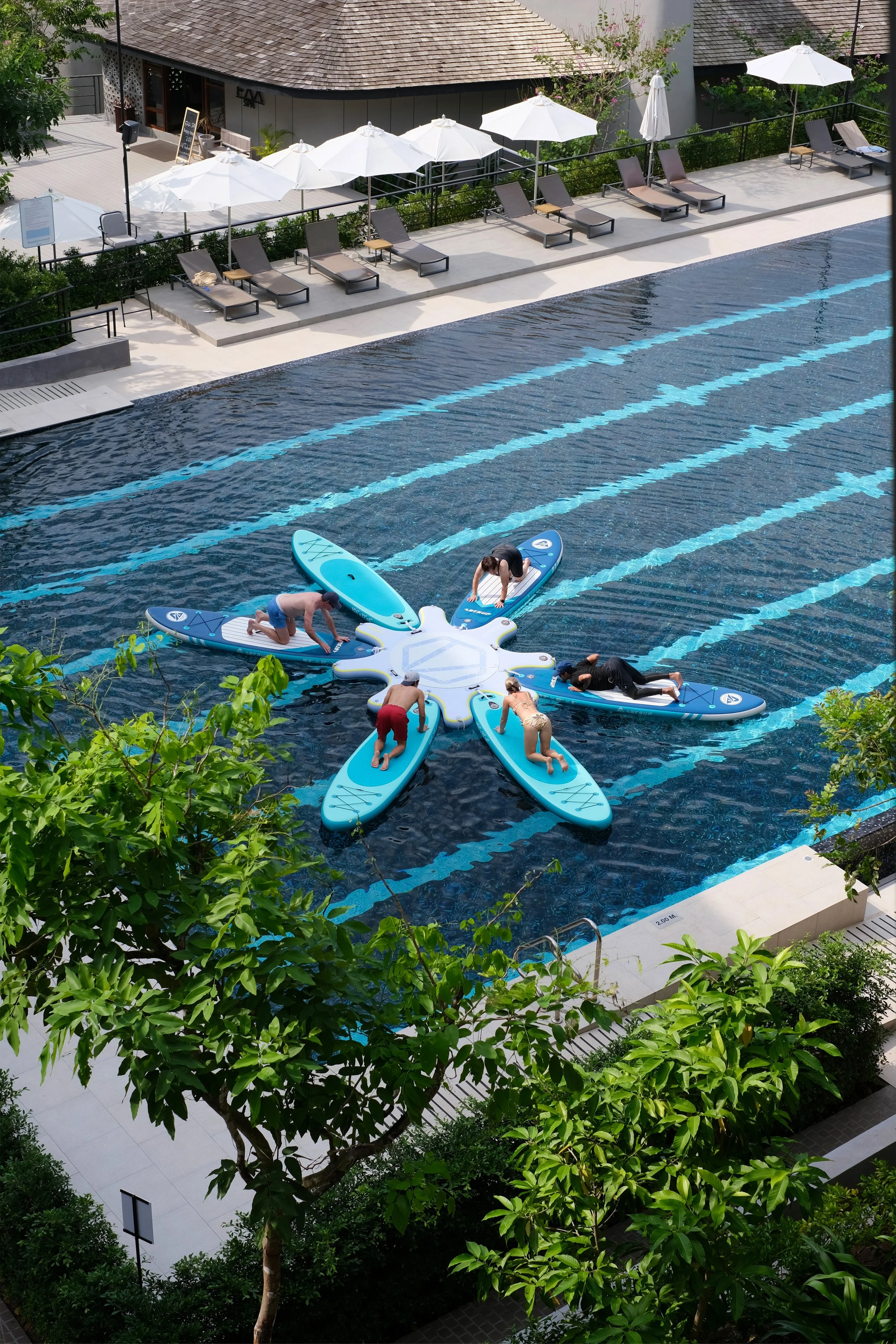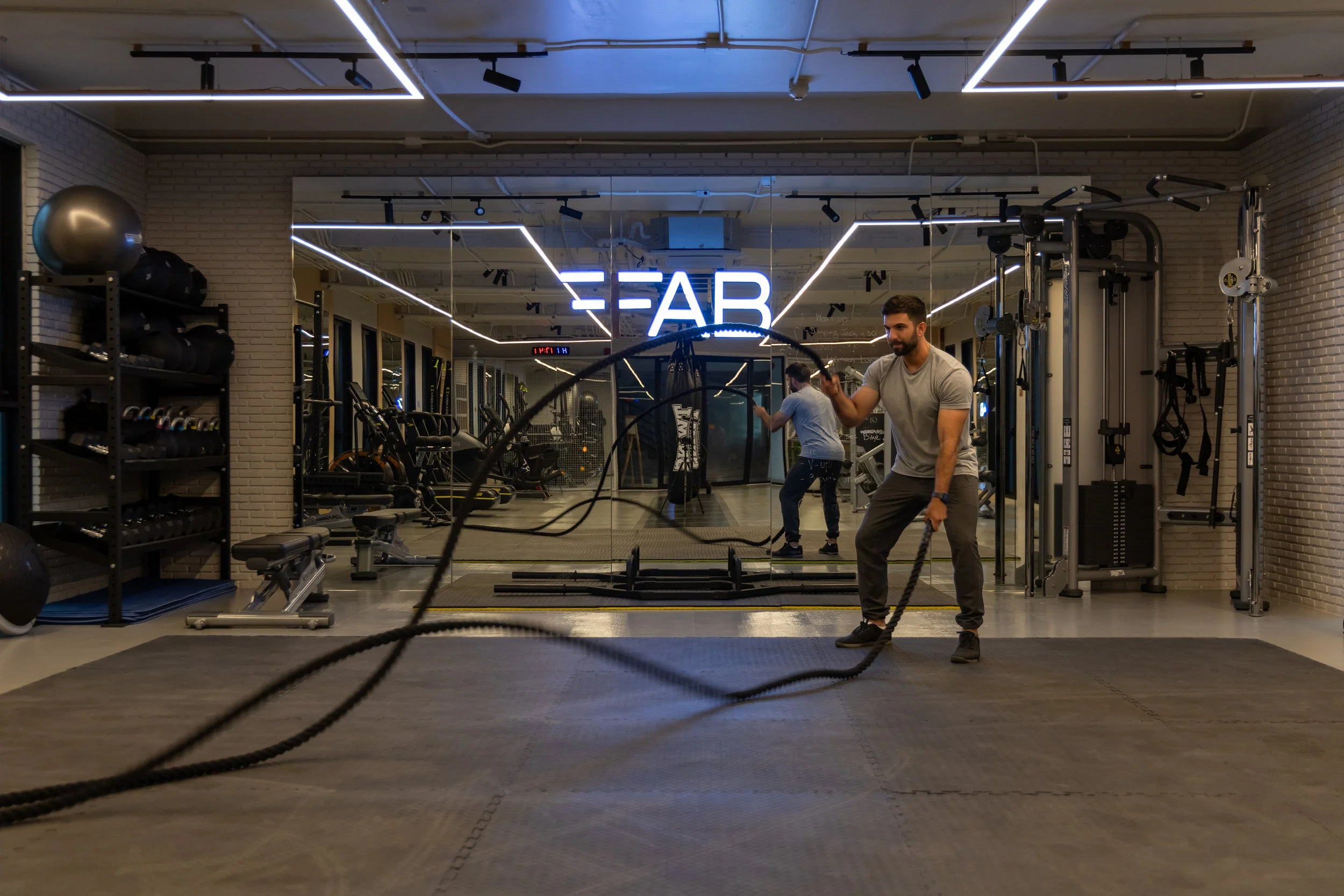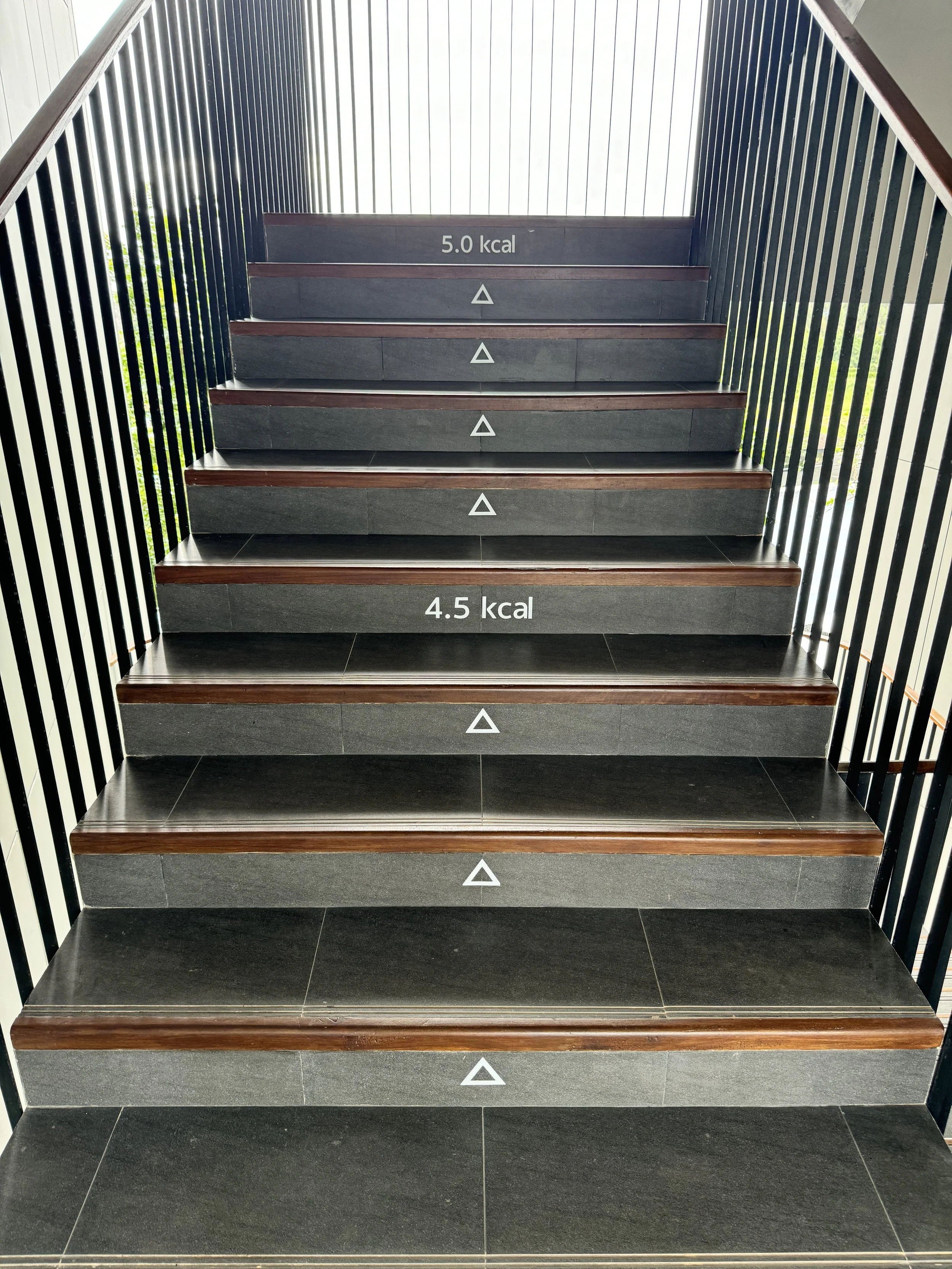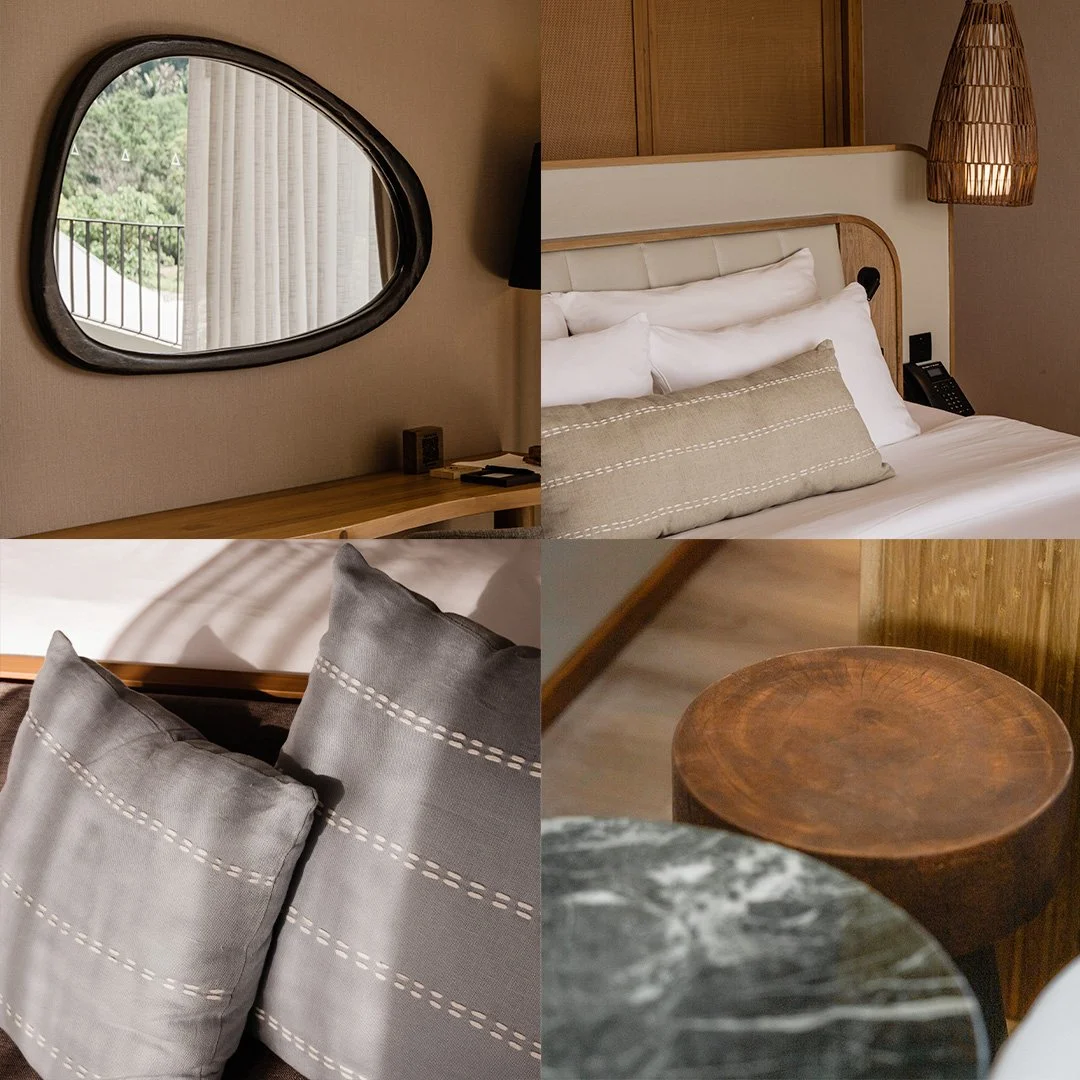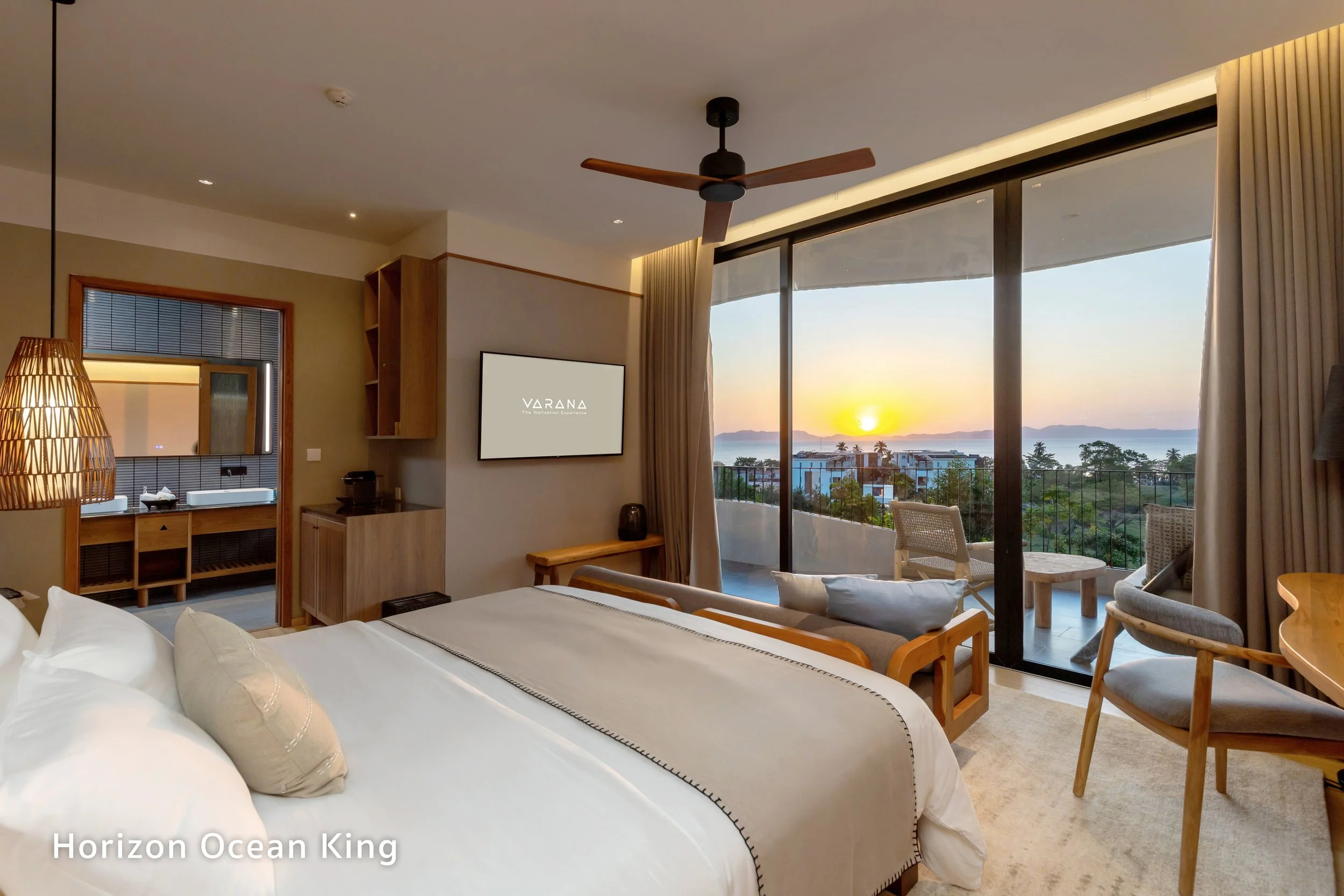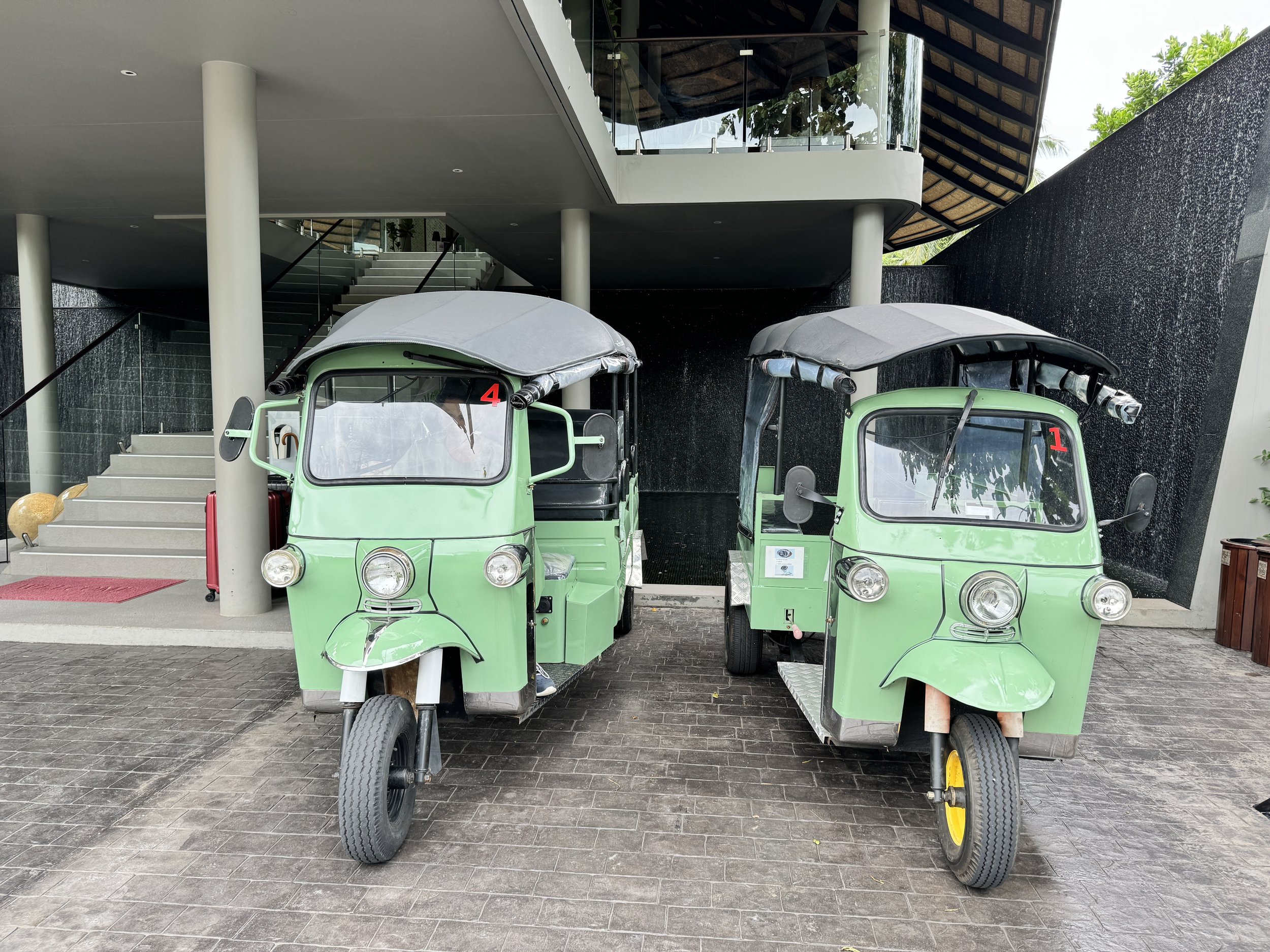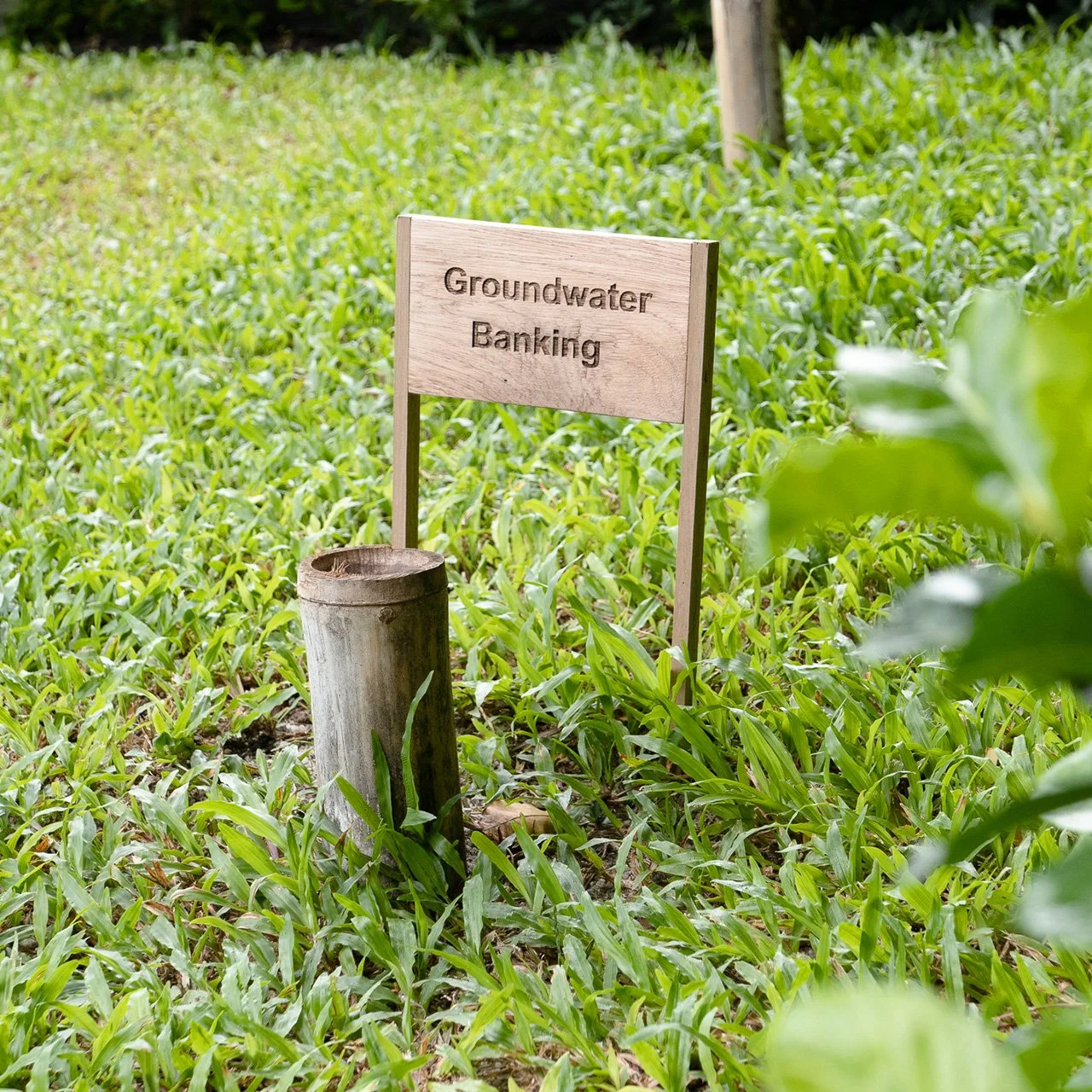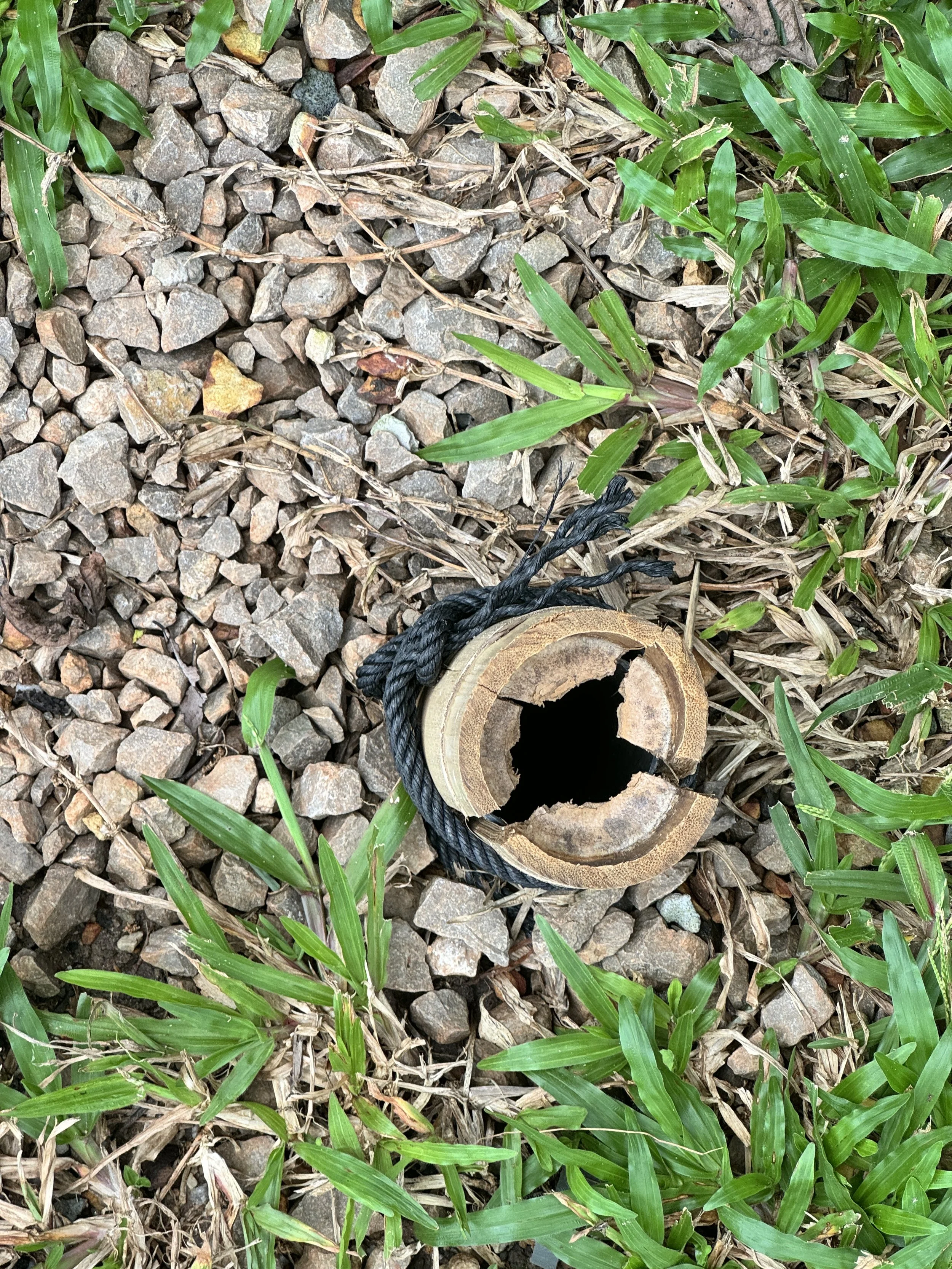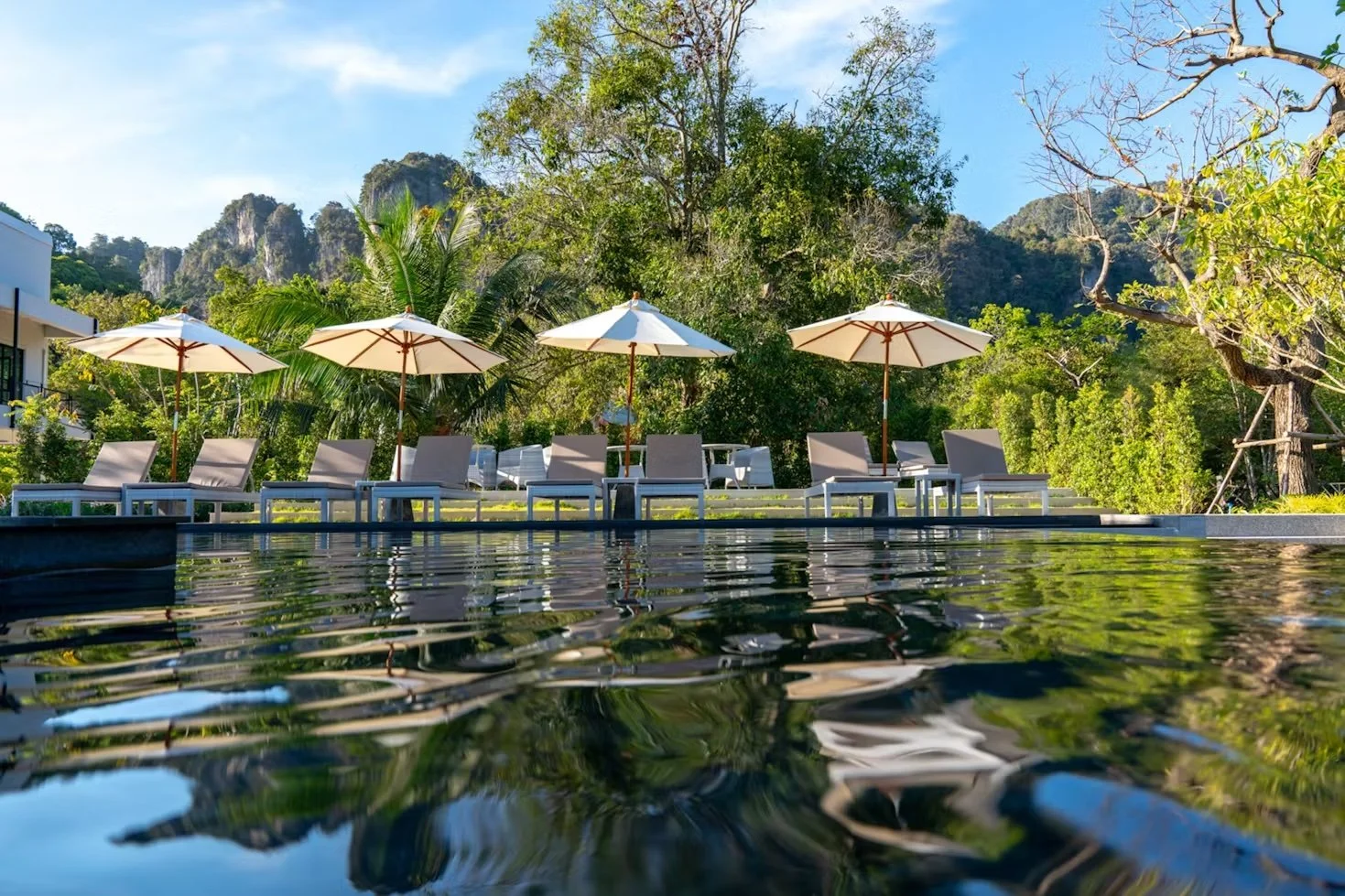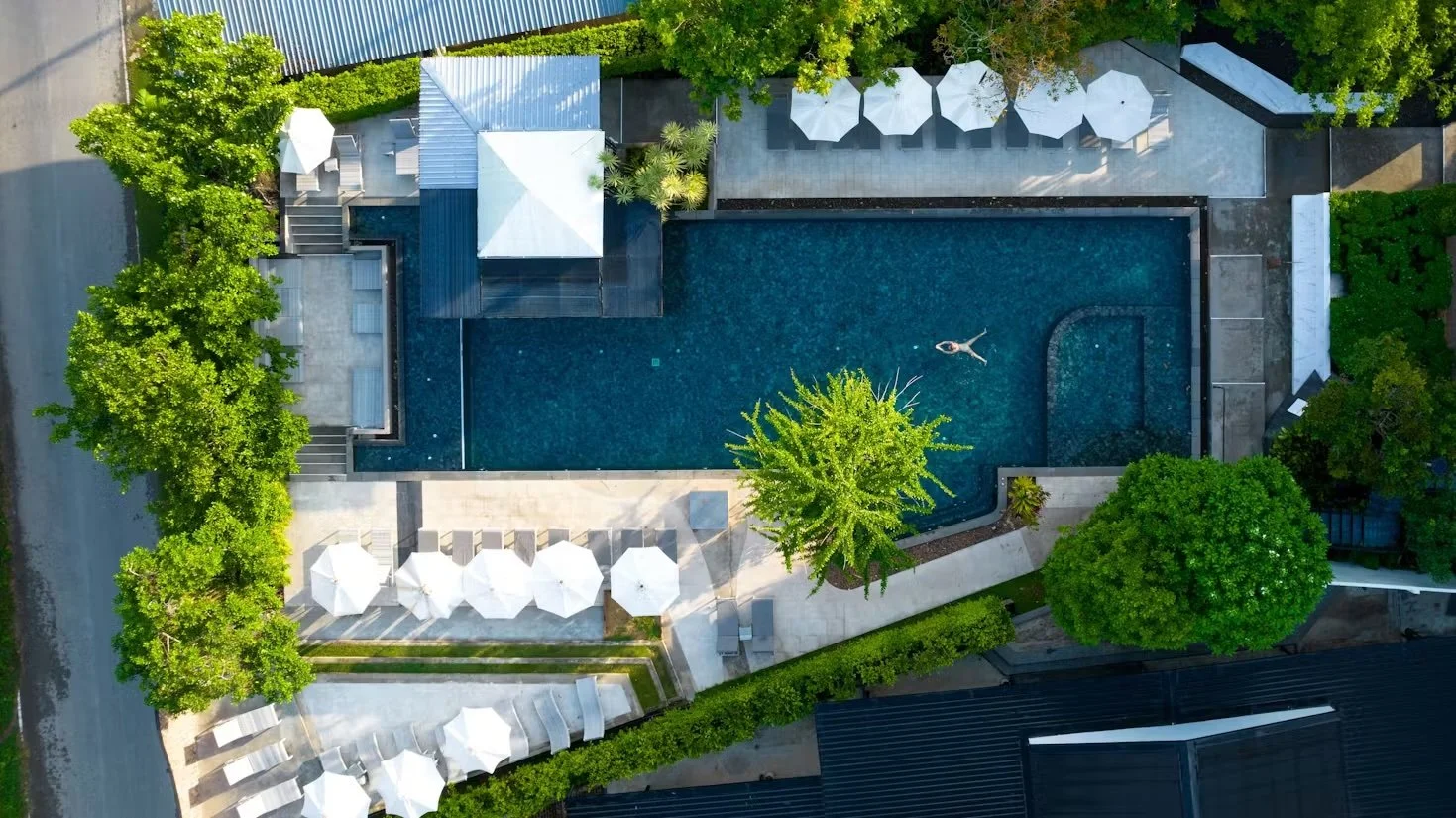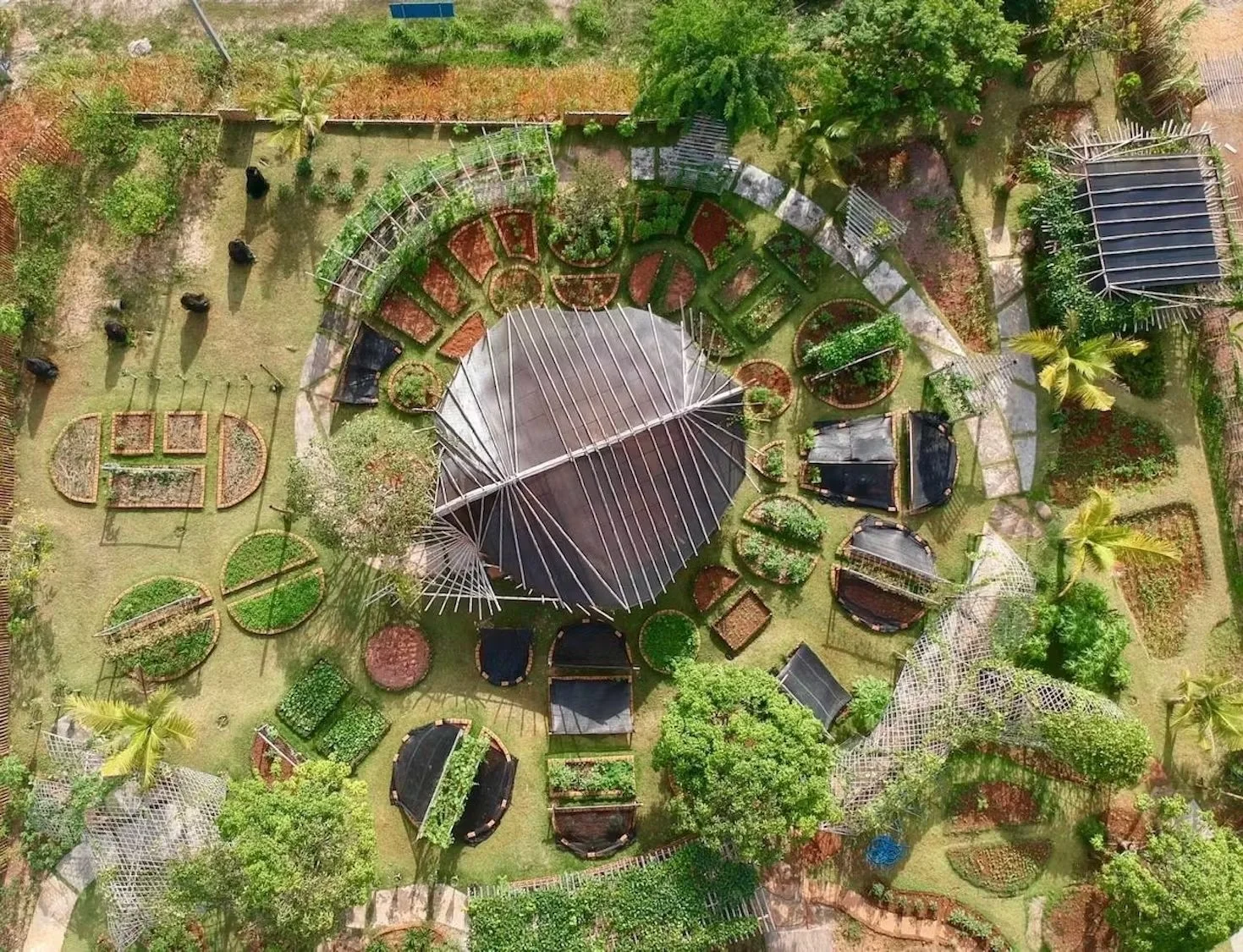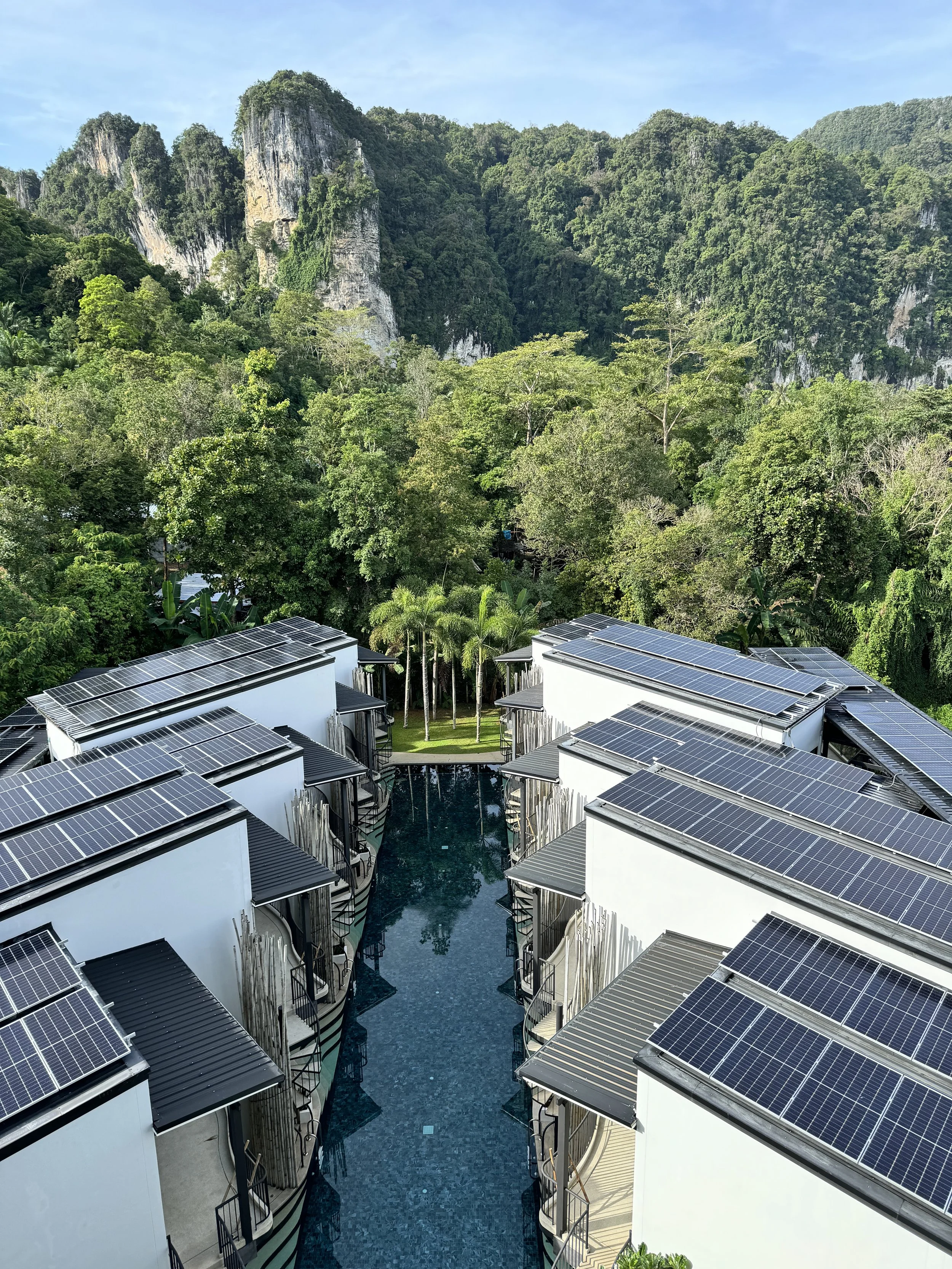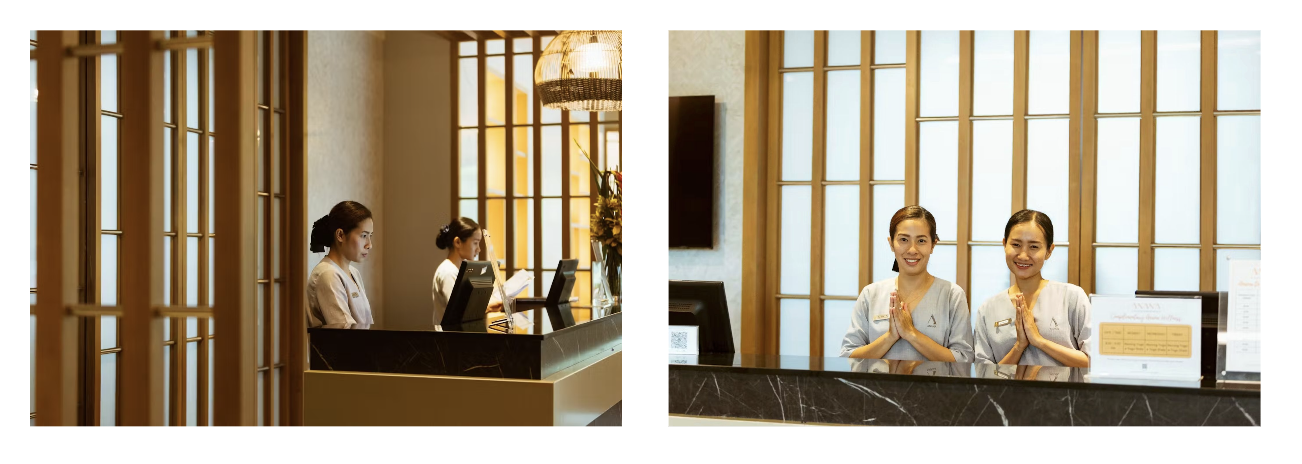Inside Tourism Cares’ Meaningful Travel Map: Success Secrets from Thailand’s Hospitality Leaders
Than Bok Khorani National Park. Photo by Thailand Travel Map.
A 2022 Bain study highlights a notable “say-do gap” among Asian consumers, where a significant interest in sustainability does not always translate to action. This gap is partly attributed to challenges in identifying companies and products that are verifiably sustainability-led.
Recognizing this, the Tourism Authority of Thailand, in partnership with the U.S.-based NGO Tourism Cares, has taken steps to make purpose-driven tourism in Thailand more searchable and accessible to travelers and travel advisors alike.
They introduced 15 Thai Impact Partners to the Meaningful Travel map — a curated collection of businesses that meet stringent sustainability and social responsibility standards.
To qualify, each listed company must meet rigorous requirements: paying local staff a living wage, actively engaging with the community, implementing robust sustainability plans, and providing ongoing environmental training for employees. These standards ensure that travelers can trust they’re supporting genuinely impactful businesses.
Yet, many still question whether sustainability can be financially viable in the long run.
The Asia Sustainable Travel team visited Krabi to meet with the founders of two Meaningful Travel properties, Varana and Anana. The two visionary hoteliers shared insights into their motivations, their approach to blending purpose with profitability, and their vision for a more sustainable future in Asia’s travel industry.
Photo by Varana.
Varana: The Wellcation Experience Centered in the Equilibrium of Forest, Water, and People
Varana leads the way in redefining hospitality with a unique “wellcation” experience, blending wellness and vacation to create spaces where travelers can nurture physical, mental, and spiritual health.
At the heart of this vision is Varana’s founder, Wipawan Laotanasin, affectionately known as Wan, a visionary whose nearly decade-long journey to bring her dream to life has resulted in a sanctuary that transcends conventional luxury.
Varana encapsulates the balance of “vana” (forest), “nava” (water), and “nara” (human), embodying harmony between nature and people.
Wan’s mission is for Varana to be Krabi’s premier sports and wellness resort, offering an inspired mix of engaging activities, comfortable accommodations, natural healing experiences, nourishing cuisine, and a spa infused with Thai herbal practices and Eastern wisdom.
A standout feature is NAAM, a hydrotherapy sanctuary spread across five levels with 10 adjustable modes of current and temperature, enabling a self-guided mindful journey through water therapy. The NAAM building’s design includes a rooftop pool filled with rainwater or treated wastewater, which naturally cools the building by up to 8 degrees Celsius and avoids the use of energy-intensive air conditioning.
With a running track to the Olympic-size swimming pool, guests may feel like they're staying in a luxury Olympic village at Varana. Photos by Varana.
“We aim to be a destination that lingers on in the memories of our visitors who enjoy a perfect getaway and refuel their inspirations by caring for their health, their minds, and - together with us - the planet.” — Wipawan Laotanasin, Founder of Varana
Exemplifying Thailand’s Bio-Circular-Green Economic Model
At Varana, sustainability runs deeper than appearances. The resort is a living embodiment of Thailand’s Bio-Circular-Green Economic Model, a forward-looking framework championed by the national government as part of its post-pandemic recovery strategy.
Every element of Varana’s design reflects this commitment, with rooms that showcase recycled, reclaimed, and repurposed materials crafted to the highest standards.
Photos by Varana.
Varana’s eco-innovation extends to its transportation, with a fleet of 10 fully electric tuk-tuks re-engineered from traditional combustion engines. This commitment to sustainability reflects Wan’s vision of Thai hospitality, redefining what it means to embody environmental responsibility in every facet of a luxury experience.
In a unique approach to electricity, Varana avoids traditional solar panels, which often require wasteful batteries, Wan explains. Recognizing that most energy consumption occurs at night, Varana instead installed individual solar-powered lighting fixtures that operate without batteries. Lights are turned off after 10 p.m. to minimize light pollution, creating an environment where insects in dedicated insect habitats can flourish.
Varana transforms iconic tuk-tuks from combustion to electric engines. Photo by AST.
Krabi’s First Hotel to Make Use of Underground Water Banking
Taking sustainability even further, Varana is the first hotel in Krabi to implement a groundwater banking system. This advanced water management solution mimics natural aquifers, using recycled materials and bamboo pumps to capture and store water. Operating entirely without electricity, it conserves water, minimizes flash flood risks, and prevents mosquito breeding, ensuring a healthier environment for guests and the local ecosystem alike.
Photos by Varana (L) and AST (R)
Anana: In Harmony with Nature
Photo by Anana.
Founder Wolfgang Grimm named the hotel “Anana” to evoke a connection to nature, with “anana” meaning pineapple in Latin—a nod to Thailand’s world-renowned, flavorful pineapples. This choice reflects a guiding principle for sustainable travel: harmonizing with nature.
When acquiring the land for Anana, Wolfgang was deliberate in his planning, preserving 50% of the area in its natural state while dedicating the remaining half to hospitality. “Neither is more important than the other,” he emphasizes. “Both are equally essential, which is why we apply the 50-50 principle.”
However, for Wolfgang, preservation doesn’t mean leaving land idle; it’s about turning it into a purpose. He’s established an organic farm, creating a space where team members and guests alike can reconnect with the origins of food. This is a vital part of Wolfgang’s commitment to carbon-neutral projects.
At the same time, he’s driven to build hospitality spaces that inspire simplicity, encouraging guests to find joy in consuming less and valuing experiences over materials.
Through Anana, Wolfgang aims to set an example of sustainable living where nature and thoughtful development coexist in balance.
Photos by Anana.
Purpose Leads Profit
Anana’s location, removed from the bustle of the city, naturally attracts guests aligned with its serene, eco-conscious ethos. This distinct positioning not only enhances guest loyalty but also drives stays. Wolfgang notes that 30% of guests extend their visits, with up to 10 walk-ins on certain days.
“Profit can only be the result of doing something good,” Wolfgang emphasizes. “This isn’t a profit-driven development.” For Anana, profitability follows purpose rather than leading it.
The hotel tracks mileage across its transportation fleet and collaborates with Oceans4All to plant seagrass to offset carbon.
For global standards, Anana holds a Green Globe certification, meeting 240 rigorous criteria every two years. For example, the hotel’s solar panels supply up to 30% of its energy needs, demonstrating how eco-friendly initiatives can align with both operational efficiency and profitability.
Photo by AST.
Team Empowerment Drives Personalized Service
“At Anana, this is my team’s hotel, too—not just mine,” Wolfgang explains. “It’s about giving the team enough freedom to enjoy and perform well in their role.”
This philosophy shapes Anana’s entire approach to performance and service. Rejecting traditional evaluation methods, Wolfgang forgoes rigid scoring systems: “When you score people, you’re essentially putting them in a box.”
Anana operates without formal SOPs, with one simple guiding principle: “Our SOP is to make guests happy.” This framework allows team members to bring their individuality into each interaction, creating personalized guest experiences and ensuring that every visitor feels genuinely welcomed.
According to Hospitality Insights, when employees are trusted to make decisions and contribute, their job satisfaction, performance, and innovation increase significantly. By encouraging autonomy and valuing employee input, Anana aligns with a model of employee-empowered, guest-focused hospitality — an approach that appeals strongly to discerning travelers seeking tailored and authentic experiences.
Photos by Anana.
In a nutshell, it’s Purpose, Persistence, and People
Hold no fear
When asked what her vision is for the next 5 years, Wan says, “My dream is for Varana to serve as a model of sustainable hospitality for hotels in Krabi and Thailand. Running a sustainable hotel requires patience, and some may worry it won’t pay off after years of effort. But I don’t have such fear.”
Create an ecosystem that continues to generate impact on its own
Wolfgang envisions his business model, with its focus on ecological preservation and team empowerment, as a blueprint for industry-wide adoption. “There’s nothing more fulfilling than knowing you’ve built a system that will continue to create a positive impact long after you’ve stepped away.”
TL; DR
Tourism Authority of Thailand partnered with Tourism Cares to make purpose-driven tourism in Thailand more searchable and accessible with Meaningful Travel map.
Sustainability-focused hotels, like Varana and Anana, lead this shift with unique initiatives:
Varana provides a wellcation experience, promoting both physical and mental health through hydrotherapy and eco-conscious fitness programs.
Varana operates electric tuk-tuks, uses the innovative underground water banking system, and incorporates eco-friendly designs inspired by Thailand’s Bio-Circular-Green Economic Model.
Anana follows a “50-50” approach, preserving half of its property as natural land, while promoting a harmonious blend of nature and hospitality.
Anana’s founder, Wolfgang Grimm, emphasizes balancing profitability with sustainability by promoting conscious consumption and carbon-neutral practices, and encouraging guests to value experiences over materialism.
Both brands aim to set a new standard for sustainable tourism in Krabi, emphasizing people-centered approaches and positive environmental impact over profit.
Founders Wipawan Laotanasin and Wolfgang Grimm envision their business models as blueprints for responsible hospitality.
For the next part of this special series, we will look into Thailand’s best case studies of active travel experiences that are not only memorable and meaningful but also socially and economically inclusive, based on our discussions with Local Alike and YAANA Ventures.


